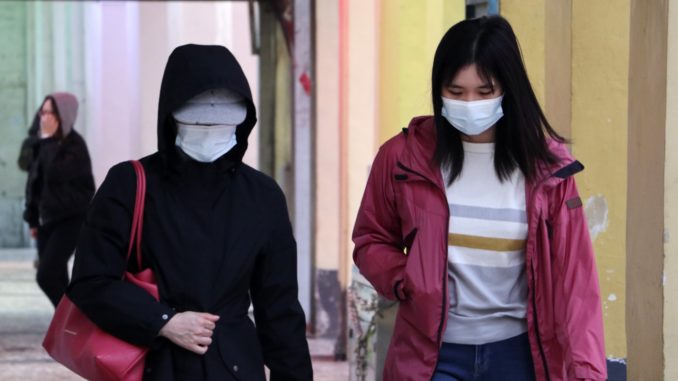
Racism is a destructive infestation that crawls under the surface of Australia’s image of a ‘multicultural’ society.
It only takes a spark to re-ignite the deep festering racism that we are so reluctant to face. The pandemic is hardly the root of the issue here, the string of racist attacks targeted towards Asian-Australians fuelled by COVID-19 points towards a larger sickness.
Australia’s history of Anti-Asian racism
Whether you like it or not, Australia was founded on racist roots. Dr Sophie Loy-Wilson, a historian who specialises in Australia’s cultural and social engagement with China, said that one of the founding policies of the Australian nation in 1901 was the very idea that there should only be white people.
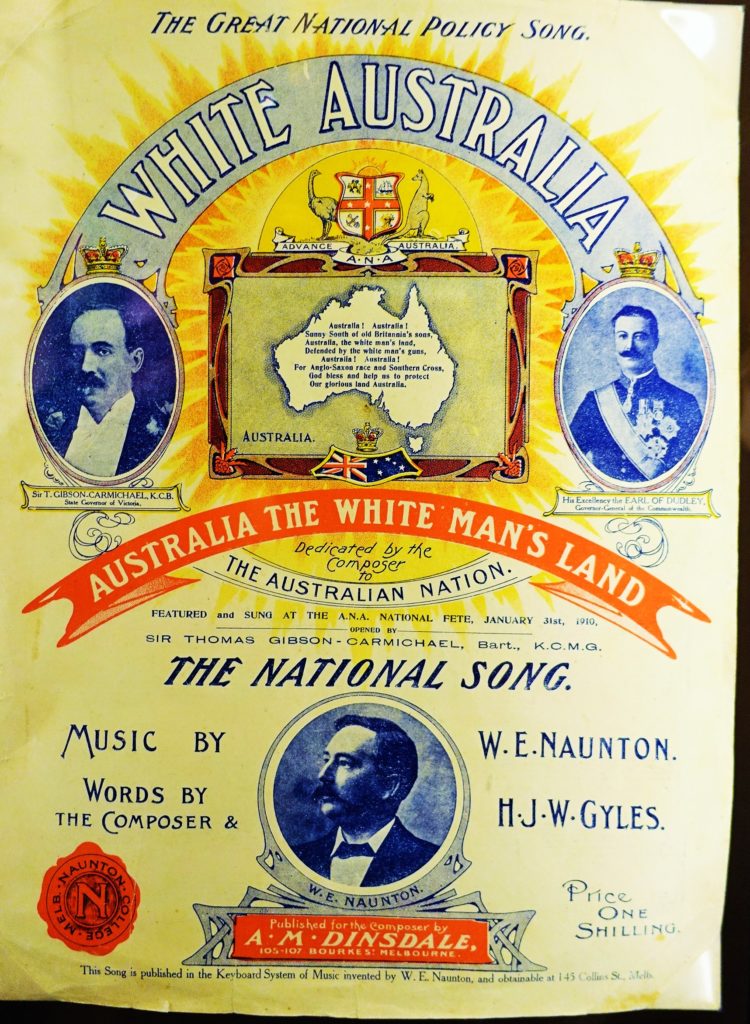
‘The colony of Victoria, which is where Melbourne is, was we think the first place in the world ever to introduce a law specifically barring Asian migration,’ Dr Loy-Wilson said.
According to her theory, white nationalists from diverse backgrounds found unity by depicting non-white Australians in deeply racist ways. ‘Asian-Australians were used as a political tool in an irresponsible and damaging way to bring white people together,’ she said.
This was what happened 120 years ago, and it is what is happening now.
The Emotional Toll
As an Asian-Australian myself, I worry about how I will be perceived differently, that I am the person responsible for the pain and deaths that have occurred, that Asians are just exotic animal eaters. Asian culture is not perfect in any way, but using us as scapegoats for COVID-19 is irresponsible. Part of the Eastern culture influence is the fact that we were taught to be humble, to not stir up trouble. What’s deeply unsettling about that is by not speaking up, we are accepting whatever everyone else is saying about us.
‘We have to be bold and brave about supporting each other to call it out,’ the Greens member for Newtown, Jenny Leong MP said.
This starts with expressing what had happened and why you yourself also need support. I collected stories of people’s experiences to get a better understanding of the emotional strain these attacks can put on the individuals, and here are some of the responses.
‘I remember feeling so let down by my own country…I feel like I am forced to carry a burden for something I didn’t do… it just reminds me of the sad reality that I might never be considered a real Australian, that I really have no place to call home.’
(Female, Vietnamese-Australian)
‘She was travelling on a bus and was told she’s carrying the Chinese virus…she did not talk to anyone after that and had to go through some counselling.’
(Female, Chinese)
‘I was really upset about it, upset that some people could be that stupid… it just proved that some people are making excuses to put down one race.’
(Female, Chinese-Australian)
‘I was surprised, surprised that some stranger is shouting at me for bringing the virus to Australia…I feel like I don’t belong here.’
(Male, Indonesian-Australian)
‘The minor things really hurt…I think people call it casual racism, but those are the things that actually matters and needs to be caught out too.’
(Male, Chinese-Australian)
Their incidents included being accused of making the place the new epicentre, listening in on racist banters, to being hollered at with phrases like ‘Chinese virus’, ‘Corona’ in front of children.
Jesse, a PhD student spoke of his own experience with casual racism:
We have to recognise that these incidents of casual racism are just as destructive as any other types of racism. Osmond Chiu, a research fellow at Per Capita and one of the collaborators of the Racism Incident Report survey said that it is problematic to assume racism as only associated with explicit and malicious acts of exclusion.
‘There are things that people do and say, that might unconsciously reflect underlying prejudice, and they do have an impact,’ Mr Chiu said.
Casual racism happens quickly, it is often hard to prove and brushed off as a joke. ‘It’s a form of emotional abuse,’ Dr Loy-Wilson said, ‘It makes the person somehow think they’re overreacting to it, that they should just relax and let it go’.
She compared this deeply-rooted sentiment as the cement of a house, ‘Even if you change the design of the house, sometimes the foundation will come back to affect the larger structure,’ said Dr Loy-Wilson.
‘It’s a symptom of a bigger problem of racism, and not acknowledging the history of racism in Australia,’ Co-founder of Asian Australian Alliance, Erin Chew added.
Symptom of a Larger Sickness
The racism that’s been amplified during this pandemic is no coincidence; Australia was and still is a racist country. ‘The person wouldn’t do it if there wasn’t a larger movement in society. If they weren’t encouraged by certain quotes from leaders, certain things they read in the newspaper,’ Dr Loy-Wilson said.
Mr Chiu speculates Australia’s debate over the last year about its relationship with The People’s Republic of China has activated those underlying fears and prejudices that underpinned the formation of this country. ‘There’s an assumption that these big debates happen with nuance, and the reality is that doesn’t happen,’ he said, ‘everyone needs to be extra cautious and thoughtful about how they phrase and conduct these debates’.
‘It’s dangerous because it creates in the minds of the Australian public, this villain attitude towards China…it that goes too far, it leaves no mental space in the eyes of the Australian public for a positive and balanced relationship,’ the president of the Chinese Australian Forum, Jason Yat-sen Li added.
From the onset of the Coronavirus outbreak in Wuhan back in January, anti-Asian attitude in the West followed immediately. From racial slurs, racist news headlines, to physical abuse and outright vandalism.
These are just the ones that were captured by the media, where are the un-reported ones?
One of the preliminary findings based on 370 responses from the Racism Incident Report survey, initiated by Erin Chew; found that nearly 90% of people don’t report their cases to the police.
This is a shocking figure, some of the responses received by the survey as to why that is the case include ‘felt that it wasn’t serious enough’, ‘thought it was too much of a process, ‘they don’t want to feel exposed,’ Ms Chew revealed.
These responses expose something larger at stake. Jenny Leong MP said that Australia does not have the adequate mechanisms to protect the people who do report.
‘The best way to get people to report is that they believe that action will be taken,’ Ms Leong said, ‘Australia’s human rights laws, our anti-discrimination laws, and our laws to protect people are just not strong enough to be able to give people that reassurance’.
‘What it shows is a lack of faith in the Australian legal system to actually prosecute racism,’ Dr Loy-Wilson added.
How Asian-Australians have united to fight this issue?
There is a silver lining here. Since the outbreak, Asian-Australians have united to fight against this issue. One such movement is the #UnityOverFear petition which has now gathered more than 60 000 signatures. The Chinese Australian Forum (CAF) initiated this campaign following an open letter signed by 16 prominent Asian-Australians, expressing their concern for the rising escalation of racist attacks. Jason Yat-sen Li, who is the president of the CAF explained that the objectives are foremost to comfort the victims, and second, to raise awareness among the public and politicians that this is going on.
I just signed this petition in support of #unityoverfear – https://t.co/9q52wZLo5Z – please take a minute to do the same. The anti-chinese and anti-asian narratives and actions are causing many people, including myself, real harm at this time. Racism is NEVER okay.
— Jenny Leong MP (@jennyleong) April 15, 2020
‘We’re trying to lobby the government for a national anti-racism strategy that extends beyond COVID-19,’ Mr Li said.
The Prime Minister Scott Morrison has publicly condemned these attacks.
However, there is so much more to be done here. Australia has never engaged in a nuanced and proper discussion about racism, its ignorance to acknowledge racism in its history and its incapability to address it in its governance is shameful.
Erin Chew believes that the legislative system in Australia is just not well equipped to see any forms of racism prosecuted by the law. ‘If they’re not willing to call things a hate crime…then they’re more likely to sweep things under the rug because no country will want to be called a racist country,’ she said, ‘so I think a lot of the changes need to come from the top’.
The Racism Incident Report survey collaborated by Ms Chew and Mr Chiu was a response to the lack of official data; to collate figures of these incidences so that there is evidence for the government and regulatory bodies to lobby for change.
‘We were of the view that unless we actually started to collect these examples of racism, it would be brushed off as just anecdotal claims,’ Mr Chiu said.
The underrepresentation of Asian-Australians in politics is also a stark contrast to Australia’s culturally diverse population. ‘I think as someone from a culturally and linguistically diverse background, who is a minority… issues like racism and discrimination will be prioritised,’ said Mr Chiu.
‘Bringing diversity to the parliament brings a different perspective on issues,’ Ms Leong added.
Asian-Australians are here for the long-haul, collecting data and petitioning to the government are the first steps. Beyond law and order, there are also broader ways to deal with racism.
Jason Yat-sen Li spoke of the importance of broadening the Australian identity to be much more inclusive; to embrace the legends of the Asian-Australians, such as the forgotten contributions of the Chinese-Australian Anzacs.
What now?
We have seen history repeating itself over and over again. The pandemic is another global catastrophe that once again led to the most overused accusation of man-kind: blame it on race. It won’t end when the virus is over, what happens when the next catastrophe comes, what can we do now?
It starts with accepting our racist past, it starts with addressing the systemic racism rooted under Australia’s surface of a ‘diverse’ society, it starts with engaging in nuanced discussions about racism with one another, and most importantly, it starts with supporting each other.
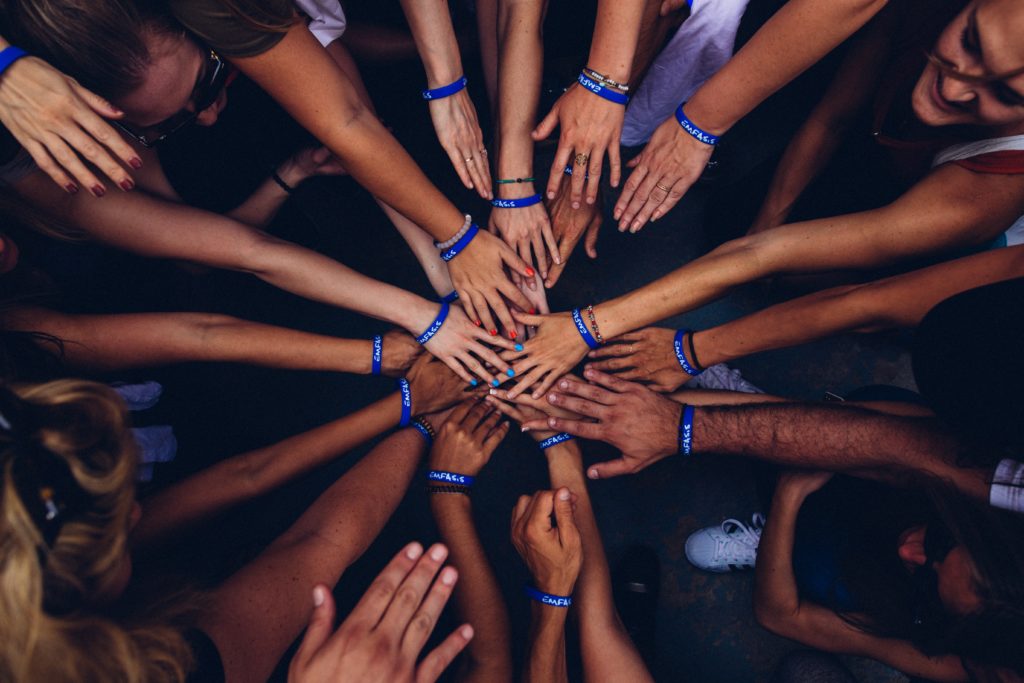
We cannot let fear conquer us. Ms Leong spoke of the powerful connections from global anti-racism campaigners around the world because of COVID-19. I think each of us can do the same, you don’t have to have experienced injustice to call it out. If you see somebody being wrongfully accused and abused, say something and give the victim the opportunity to speak up. Educate yourself, be sensitive of others’ feelings, racist ‘banter’ is not funny.
History has also shown that we are better when we are united, and strength will come from supporting each other.
The ABC would like to hear your story, you can report your incidents here.
You can also submit it here via the Racism Incident Report survey conducted by the Asian Australian Alliance.
If you would like to sign the #UnityOverFear petition, please sign via this link.


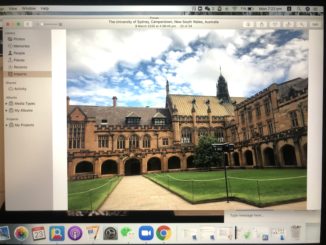
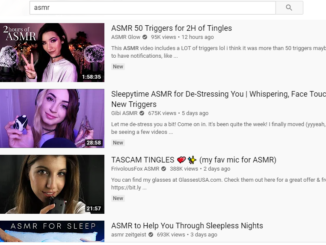
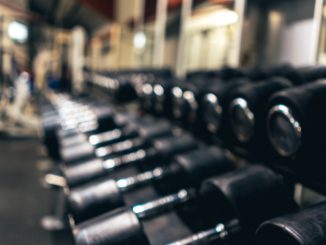
Be the first to comment